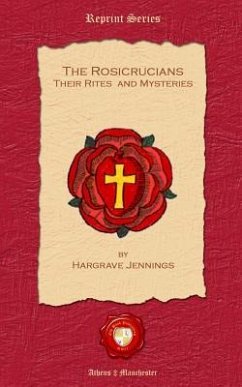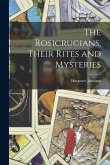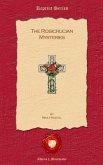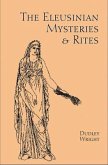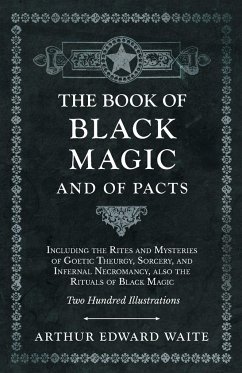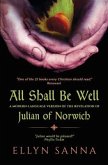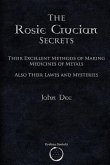This book, purports to be a history of the famous Order of the "Rose-Cross," or of the "Rosicrucians." No student of the occult philosophy need, however, fear that we shall not most carefully keep guard-standing sentry (so to speak) over those other and more recondite systems which are connected with our subject. An accomplished author of our own period has remarked that, "He who deals in the secrets of magic, or in the secrets of the human mind, is too often looked upon with jealous eyes by the world, which is no great conjuror." How is it that, after centuries of doubt or denial, -how happens it, in face of the reason that can make nothing of it, the common sense that rejects, and the science which can demonstrate it as impossible, -the supernatural still has hold in the human-not to say in the modern-mind? How happens it that the most terrible fear is the fear of the invisible?-this, too, when we are on all hands assured that the visible alone is that which we have to dread! The ordinary reason exhorts us to dismiss our fears. That thing "magic," that superstition "miracle," is now banished wholly from the beliefs of this clear-seeing, educated age. "Miracle," we are told, never had a place in the world -only in men's delusions. It is nothing more than a fancy. It never was anything more than a superstition arising from ignorance. The book, inasmuch as it deals seriously with strange things and with deep mysteries, needs the means of interpretation in the full attention of the reader: otherwise, little will be made, or can come, of it. It is, in brief, a history of the alchemical philosophers, written with a serious explanatory purpose, and for the first time impartially stated since the days of James I and Charles I. This is really what the book pretends to be and nothing more.
Hinweis: Dieser Artikel kann nur an eine deutsche Lieferadresse ausgeliefert werden.
Hinweis: Dieser Artikel kann nur an eine deutsche Lieferadresse ausgeliefert werden.

